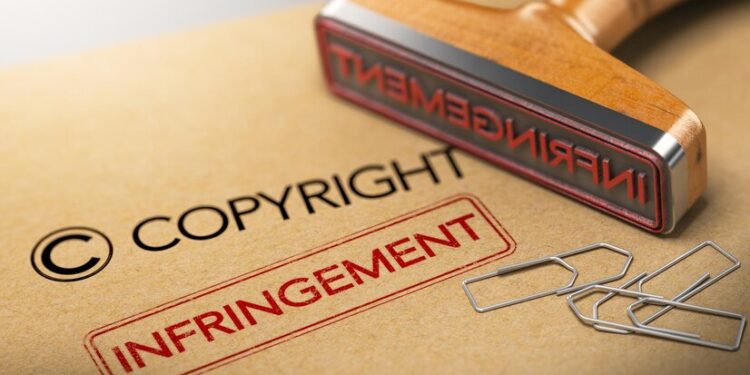A group of best-selling authors, including the writer of the popular fantasy series A Song of Ice and Fire, which was adapted into Game of Thrones, George R.R. Martin, have filed a lawsuit against OpenAi, the company behind ChatGPT.
The writers are claiming that OpenAI infringed on their copyrights to train its large language model (LLM), ChatGPT.
The lawsuit claims that the authors’ books were used without their permission and that OpenAI has been engaging in “systematic theft on a mass scale.”
The suit was filed in the Southern District of New York on Tuesday on behalf of the Authors Guild and 17 notable writers.
The complaint is the latest legal challenge facing OpenAI over the way it collects data and uses it to teach ChatGPT.
The lawsuit
In the lawsuit where OpenAI and its other subsidiary companies are listed as defendants, the authors wrote:
- “Plaintiffs, authors of a broad array of works of fiction, bring this action under the Copyright Act seeking redress for Defendants’ flagrant and harmful infringements of Plaintiffs’ registered copyrights in written works of fiction. Defendants copied Plaintiffs’ works wholesale, without permission or consideration.
- “Defendants then fed Plaintiffs’ copyrighted works into their “large language models” or “LLMs,” algorithms designed to output human-seeming text responses to users’ prompts and queries. These algorithms are at the heart of the Defendants’ massive commercial enterprise. And at the heart of these algorithms is systematic theft on a mass scale.
- “Defendants could have “trained” their LLMs on works in the public domain. They could have paid a reasonable licensing fee to use copyrighted works.
- “What Defendants could not do was evade the Copyright Act altogether to power their lucrative commercial endeavour, taking whatever datasets of relatively recent books they could get their hands on without authorization.
- “There is nothing fair about this. Defendant’s unauthorized use of Plaintiffs’ copyrighted works thus presents a straightforward infringement case applying well-established law to well-recognized copyright harms.”
Reliefs being sought
The authors want the court to prohibit OpenAI from using copyrighted works in LLMs without express authorization. They’re also seeking damages including up to $150,000 per infringed work.
- “Plaintiffs, on behalf of themselves and all others similarly situated, pray for the following relief: a. Certification of this action as a class action under Federal Rule of Civil Procedure; Designation of Plaintiffs as class representatives; Designation of Plaintiffs’ counsel as class counsel; An injunction prohibiting Defendants from infringing Plaintiffs’ and class members’ copyrights, including without limitation enjoining Defendants from using Plaintiffs’ and class members’ copyrighted works in “training” Defendants’ large language models without express authorization; An award of actual damages to Plaintiffs and class members; An award of Defendants’ additional profits attributable to infringement to Plaintiffs and class members; and An award of statutory damages up to $150,000 per infringed work to Plaintiffs and class members, in the alternative to actual damages and profits, at Plaintiffs’ election before final judgment,” the authors filed in the lawsuit.
The plaintiffs say that OpenAI has openly admitted to reproducing copyrighted works in the course of training its LLMs because such reproduction is allegedly central to the quality of its products.












